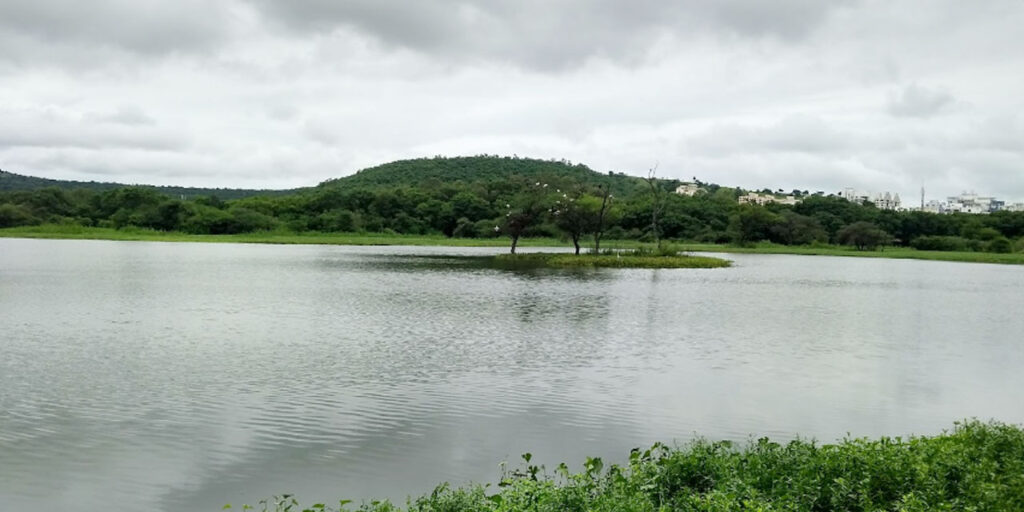Meet Dugesia punensis: Pune Scientists Discover New Species of Planarian Worm in Pashan Lake

Meet Dugesia punensis: Pune Scientists Discover New Species of Planarian Worm in Pashan Lake (Representational pic)
First new planarian species discovered in India since 1983; offers promise for stem cell research.
In a major breakthrough, a PhD student and her research guide from Modern College of Arts, Science, and Commerce, Ganeshkhind, have discovered a new species of planarian worm in Pashan Lake, Pune. This is the first recorded discovery of a new planarian species in India in over four decades, marking a significant development in the field of zoology and regenerative biology.
The new species, named Dugesia punensis, was identified by PhD scholar Mithila Chinchalkar and her guide Ravindra Kshirsagar from the Department of Zoology. The species has been formally recorded in the Records of the Zoological Survey of India (ZSI).
“We named it Dugesia punensis to honour Pune, where it was found,” said Kshirsagar.
“This is a big moment for Indian zoological research.”
Planarians are aquatic flatworms best known for their incredible regenerative abilities, even when cut into multiple pieces, each segment can regenerate into a full organism.
“Their regenerative properties make them a vital model for stem cell research, organ regeneration, and cellular biology,” said Kshirsagar.
What makes Dugesia punensis stand out is its faster regeneration it takes just 14 days, compared to the typical 18 days or more seen in other species.
Chinchalkar described the moment of discovery with excitement:
“We were surveying water bodies in and around Pune for three years for my PhD thesis on aquatic biodiversity. The moment we saw this flatworm under the microscope, we sensed it was different—it was more delicate and had a unique morphology.”
The research team studied the worm’s external structure, internal anatomy, and conducted genomic sequencing to confirm it as a new species. The research paper was submitted over a year ago and was officially published on June 1, 2025.
With the specimen now deposited at ZSI, the discovery opens doors to further studies in stem cell characterisation and regenerative biology.
“Understanding how this species regenerates could help unlock secrets in regenerative medicine, with applications in organ regeneration and healing,” said Kshirsagar.
The discovery of Dugesia punensis not only adds to India’s biological diversity but also strengthens Pune’s role as a hub for cutting-edge biological research.









